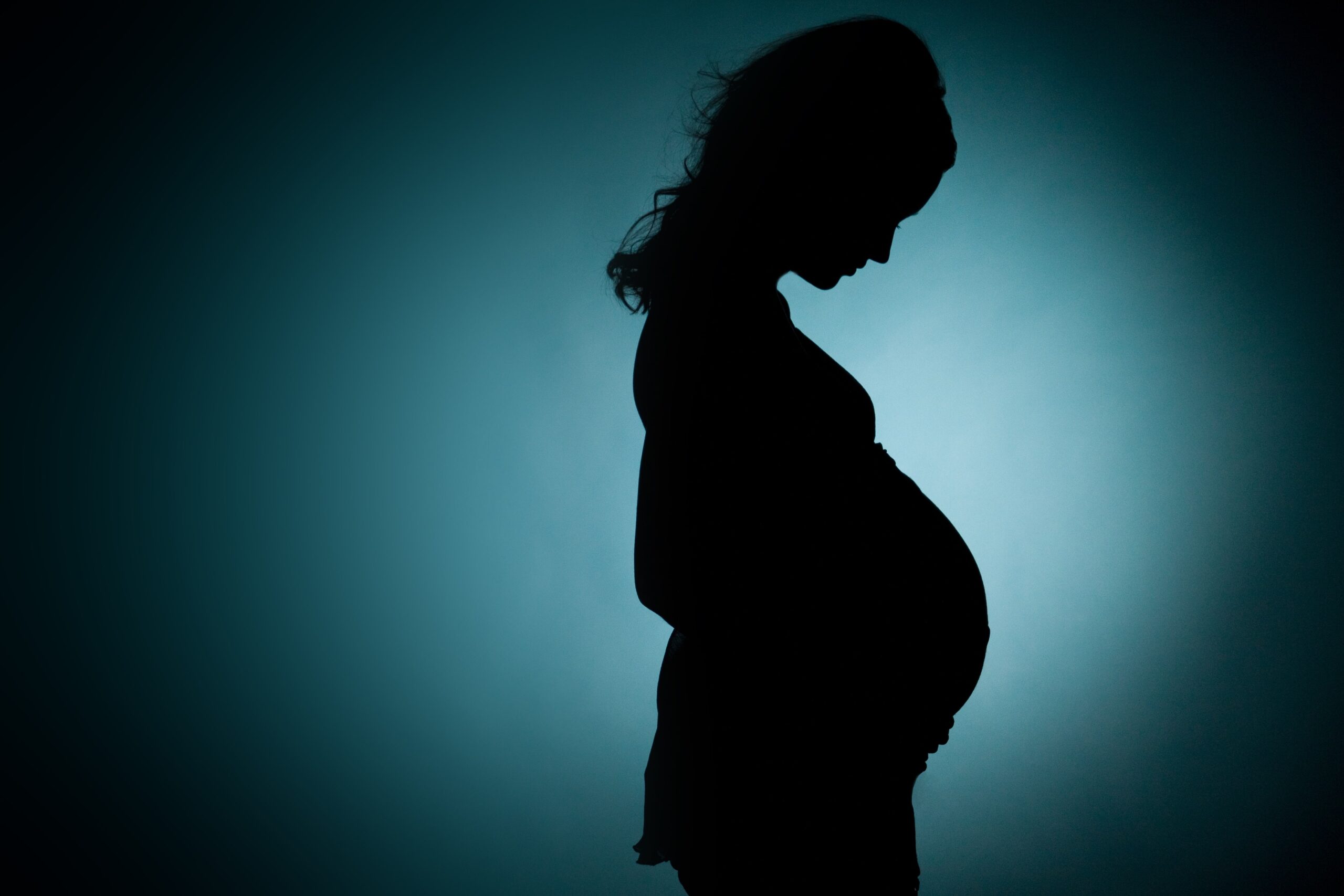With the growing acceptance and legalization of marijuana, some pregnant women are using the substance either for recreational or medicinal purposes. However, research suggests that marijuana use during pregnancy can have detrimental effects on both the mother and the unborn child. Therefore, it becomes crucial for expectant mothers to be educated about the risks associated with marijuana and pregnancy.
Marijuana Use During Pregnancy Facts
Studies have shown that marijuana use during pregnancy has increased significantly in recent years. According to a report by Drug-Free America, the prevalence of marijuana use among pregnant women in the United States nearly tripled between 2002 and 2020.
THC, the main psychoactive component of marijuana, easily crosses the placenta and reaches the fetus. This means that when a pregnant woman uses marijuana, her baby is also exposed to its effects.
Research indicates that prenatal exposure to marijuana can affect fetal brain development. THC interferes with normal neuronal growth and disrupts essential processes such as cell division, migration, and formation of functional connections.
Marijuana and pregnancy have been linked to various complications for both mother and child. These include low birth weight, preterm delivery, stillbirths, neonatal intensive care unit (NICU) admissions, and developmental delays.
Some studies suggest potential long-term consequences for children whose mothers used marijuana during pregnancy. These may manifest as cognitive impairments, behavioral issues, including ADHD, lower academic performance, social difficulties, and an increased risk of substance abuse later in life.
How Marijuana Use Impacts Baby’s Features
Research has shown that marijuana use during pregnancy can have specific effects on the features of a developing baby. These impacts can be both physical and developmental, potentially leading to long-term consequences.
Some factors influenced by marijuana use during pregnancy include the baby’s birth weight, head circumference, body length, and overall growth patterns. Furthermore, prenatal exposure to marijuana may alter facial characteristics such as smaller eye openings and flattened nasal bridges.
Furthermore, mental and behavioral effects on the developing baby from exposure to marijuana are associated with an increased risk of cognitive impairments, including difficulties in attention, memory, problem-solving skills, and language development. Additionally, some evidence suggests a higher incidence of behavioral problems. These problems may include impulsivity, hyperactivity, and emotional regulation issues among children whose mothers used marijuana during pregnancy.
Marijuana Use and Breastfeeding
THC, the psychoactive component of marijuana, can be passed from the mother to her baby through breast milk. Some studies suggest that THC can accumulate in an infant’s system and bloodstream, leading to potential developmental and cognitive risks.
One of the primary concerns is how THC may impact a baby’s neurological development. Studies indicate that THC in breast milk can affect brain function and potentially lead to long-term alterations in cognitive abilities, memory, attention span, and problem-solving skills.
Moreover, infants who are exposed to THC through breast milk may experience changes in motor control and coordination. Some studies suggest these babies might exhibit decreased muscle tone or delayed motor milestones.
Another noteworthy aspect is its effect on sleep patterns. The presence of THC from marijuana could disrupt an infant’s normal sleep-wake cycle, resulting in irregular sleeping patterns or difficulties with sleep regulation.
Marijuana Use and Miscarriage Risks
Some studies suggest that marijuana use during pregnancy may increase the risk of miscarriage or spontaneous abortion. THC in marijuana can potentially affect hormone levels, disrupt uterine contractions, and interfere with the implantation of the fertilized egg. Additionally, smoking marijuana may introduce harmful toxins into the body that could impact fetal development and increase the chances of pregnancy loss.
Marijuana Detox and Withdrawal Timeline
Marijuana detox and withdrawal experiences can vary from person to person due to factors such as frequency and duration of use, individual metabolism, and overall health. Additionally, the timeline for marijuana detox depends on whether the usage was occasional or chronic.
For occasional users, detectable levels of THC typically diminish within a few days to a week after discontinuation. However, some residual effects may persist for up to 2 to 3 weeks.
Chronic users might experience more prolonged withdrawal symptoms as THC is stored in fat cells and slowly released into the bloodstream over time. Withdrawal symptoms generally peak around the second or third day after stopping marijuana use but gradually improve over the span of 1 to 2 weeks.
Common withdrawal symptoms during this period may include:
- Irritability or mood swings
- Difficulty sleeping or insomnia
- Decreased appetite
- Anxiety or restlessness
- Headaches
While acute withdrawal symptoms usually subside within a couple of weeks, some individuals have longer-lasting effects like cravings, mild depression, or difficulty concentrating that persists for several months. As such, the safest way to detox from marijuana while pregnant is with gender-specific medically supervised treatment.
Compassionate Marijuana Detox in Columbus, OH
When you want help quitting marijuana while pregnant, help is available at Ohio’s #1 addiction treatment center, Ohio Addiction Recovery Center in Columbus, OH. We offer comprehensive, personalized, gender-specific treatment programs for men and women, including pregnant women.
Contact us today to take the first steps to better health for you and your unborn baby.






